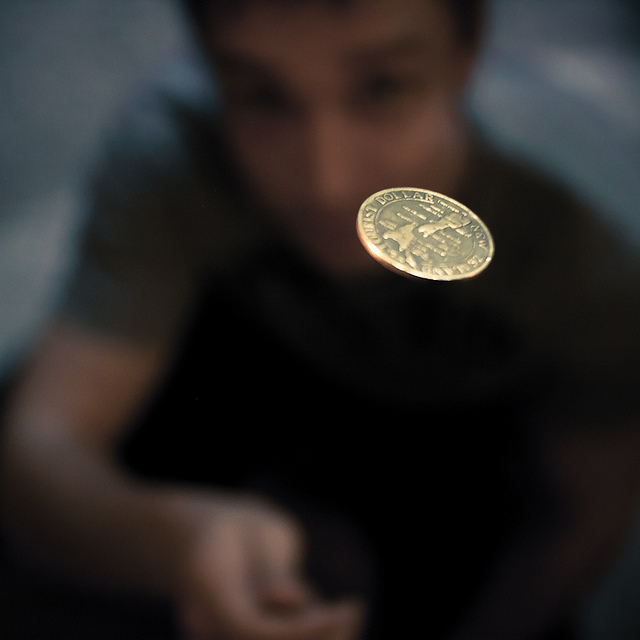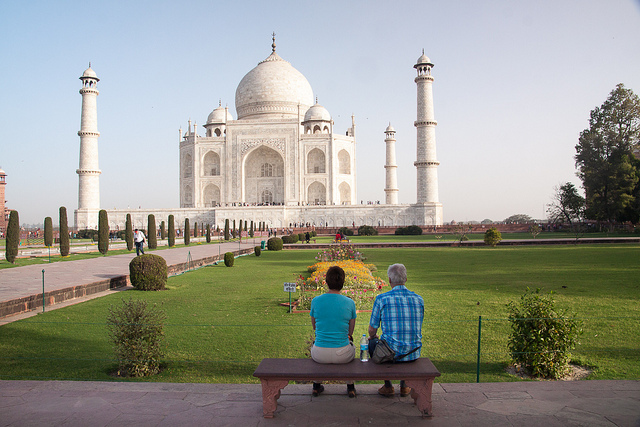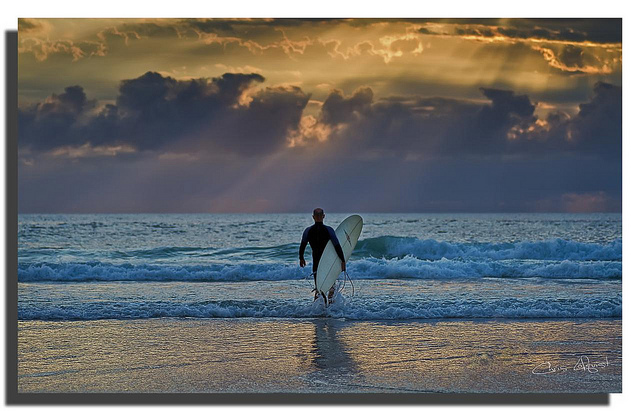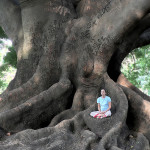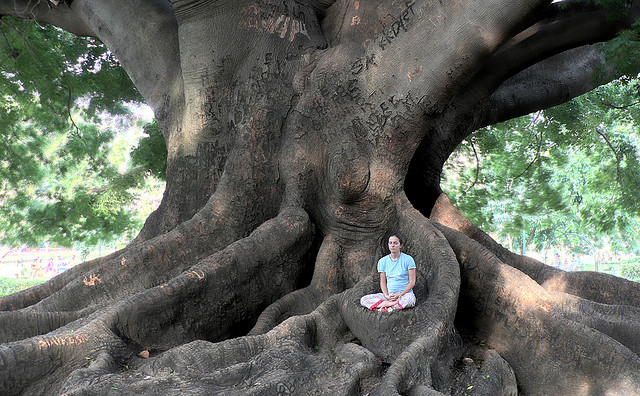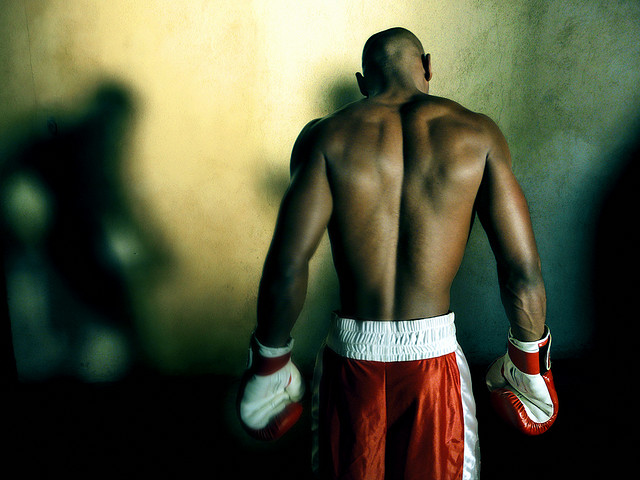
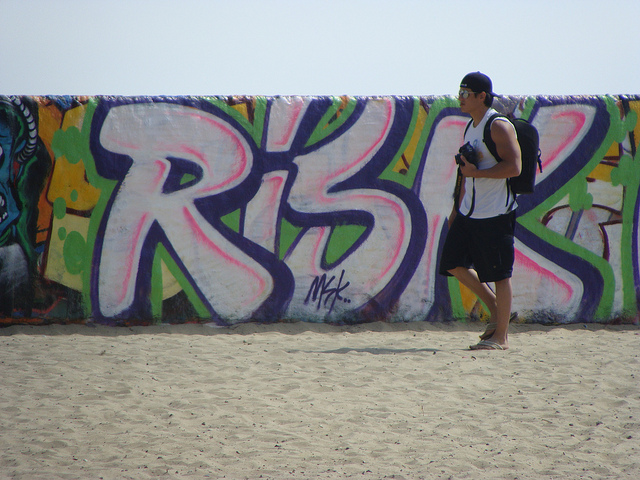
There’s more than one way to take a risk. To some people it means dropping everything to travel around the world. To others it means tackling a big project in the workplace.
But If you looked up the word “risk” in the dictionary, it would say something like this: To expose oneself to the chance of injury or loss; put oneself in danger; hazard; venture.
That’s hardly inspiring. It doesn’t encompass all the different ways you can put yourself out there. There are so many extraordinary paths we can take in life and each one involves risk in one form or another.
That’s why I find quotes on risk-taking so valuable. Life is so wide open and you never know where the journey will take you next. These quotes can open your mind to all the hidden possibilities around you.
So I want to share some of my favorite quotes about risk-taking. I hope you find them as helpful and inspirational as I do.
“If you’re offered a seat on a rocket ship, don’t ask what seat! Just get on.” – Sheryl Sandberg
“I always did something I was a little not ready to do. I think that’s how you grow. When there’s that moment of ‘Wow, I’m not really sure I can do this,’ and you push through those moments, that’s when you have a breakthrough.” – Marissa Mayer
“Pearls don’t lie on the seashore. If you want one, you must dive for it.” – Chinese proverb
“If you dare nothing, then when the day is over, nothing is all you will have gained.” – Neil Gaiman
“If things seem under control, you are just not going fast enough.” – Mario Andretti
“Do the one thing you think you cannot do. Fail at it. Try again. Do better the second time. The only people who never tumble are those who never mount the high wire. This is your moment. Own it.” – Oprah Winfrey
“Life is inherently risky. There is only one big risk you should avoid at all costs, and that is the risk of doing nothing.” – Denis Waitley
“Go out on a limb. That’s where the fruit is.” – Jimmy Carter
“Do one thing every day that scares you.” – Eleanor Roosevelt
“In order to succeed, your desire for success should be greater than your fear of failure.” – Bill Cosby
“Your time is limited, so don’t waste it living someone else’s life.” – Steve Jobs
“If you are not willing to risk the unusual, you will have to settle for the ordinary.” – Jim Rohn
“There is only one way to avoid criticism: do nothing, say nothing, and be nothing.” – Aristotle
“If you don’t build your dream, someone else will hire you to help them build theirs.” – Dhirubhai Ambani
“Always go with your passions. Never ask yourself if it’s realistic or not.” – Deepak Chopra
“Leap and the net will appear.” – Zen Saying
“Think big and don’t listen to people who tell you it can’t be done. Life’s too short to think small.” – Tim Ferriss
“I’ve missed more than 9000 shots in my career. I’ve lost almost 300 games. 26 times I’ve been trusted to take the game winning shot and missed. I’ve failed over and over and over again in my life. And that is why I succeed.” – Michael Jordan
“The reward is in the risk.” – Rachel Cohn
“When you take risks you learn that there will be times when you succeed and there will be times when you fail, and both are equally important.” – Ellen DeGeneres
“When I let go of what I am, I become what I might be.” – Lao Tzu
“Don’t be too timid and squeamish about your actions. All life is an experiment. The more experiments you make the better.” – Ralph Waldo Emerson
“Don’t judge each day by the harvest you reap but by the seeds that you plant.” – Robert Louis Stevenson
“Often the difference between a successful person and a failure is not one has better abilities or ideas, but the courage that one has to bet on one’s ideas, to take a calculated risk – and to act.” – Andre Malraux
“It is impossible to live without failing at something, unless you live so cautiously that you might has well not have lived at all, in which case you have failed by default.” – J.K. Rowling
“Don’t worry about failures, worry about the chances you miss when you don’t even try.” – Jack Canfield
“Twenty years from now you will be more disappointed by the things that you didn’t do than by the ones you did do, so throw off the bowlines, sail away from safe harbor, catch the trade winds in your sails. Explore, Dream, Discover.” – Mark Twain
“Everything you’ve ever wanted is on the other side of fear.” – George Addair
“Screw it, Let’s do it!” – Richard Branson
“I am thankful for all of those who said NO to me. It’s because of them I’m doing it myself.” – Albert Einstein
“Only those who play win. Only those who risk win. History favors risk-takers. Forgets the timid. Everything else is commentary.” – Iveta Cherneva
“No man is worth his salt who is not ready at all times to risk his well-being, to risk his body, to risk his life in a great cause.” – Theodore Roosevelt
“Once we believe in ourselves we can risk curiosity, wonder, spontaneous delight, or any experience that reveals the human spirit.” – e. e. cummings
“You can measure opportunity with the same yardstick that measures the risk involved. They go together.” – Earl Nightingale
“It is better to risk starving to death then surrender. If you give up on your dreams, what’s left?” – Jim Carrey
“It is better by noble boldness to run the risk of being subject to half the evils we anticipate than to remain in cowardly listlessness for fear of what might happen.” – Herodotus
“You have to leave the city of your comfort and go into the wilderness of your intuition.You can’t get there by bus, only by hard work and risk and by not quite knowing what you’re doing. What you’ll discover will be wonderful. What you’ll discover will be yourself.” – Alan Alda
“Our lives improve only when we take chances, and the first and most difficult risk we can take is to be honest with ourselves.” – Walter Anderson
“Many a man is praised for his reserve and so-called shyness when he is simply too proud to risk making a fool of himself.” – J. B. Priestley
“Death is not the biggest fear we have; our biggest fear is taking the risk to be alive—the risk to be alive and express what we really are.” – Miguel Angel Ruiz
“When you play it too safe, you’re taking the biggest risk of your life. Time is the only wealth we’re given.” – Barbara Sher
“Everyone has a ‘risk muscle.’ You keep it in shape by trying new things. If you don’t, it atrophies. Make a point of using it at least once a day.” – Roger von Oech
“You have to be able to risk your identity for a bigger future than the present you are living.” – Fernando Flores
“It seems to me that people have vast potential. Most people can do extraordinary things if they have the confidence or take the risks. Yet most people don’t. They sit in front of the telly and treat life as if it goes on forever.” – Philip Adams
“It’s not because things are difficult that we dare not venture. It’s because we dare not venture that they are difficult.” – Seneca
“If a man isn’t willing to take some risk for his opinions, either his opinions are no good or he’s no good.” – Ezra Pound
“I am always doing that which I cannot do, in order that I may learn how to do it.” – Pablo Picasso
“Don’t be afraid to take a big step. You can’t cross a chasm in two small jumps. – David Lloyd George
“The dangers of life are infinite, and among them is safety. – Goethe
“A man would do nothing if he waited until he could do it so well that no one would find fault with what he has done. – Cardinal Newman
“To dare is to lose one’s footing momentarily. To not dare is to lose oneself. – Soren Kierkegaard
“When in doubt, make a fool of yourself. There is a microscopically thin line between being brilliantly creative and acting like the most gigantic idiot on earth. So what the hell, leap. – Cynthia Heimel
“I believe in getting into hot water; it keeps you clean. – G.K. Chesterton
“Two roads diverged in a wood, and I… I took the one less traveled by, and that has made all the difference. – Robert Frost
“The fishermen know that the sea is dangerous and the storm terrible, but they have never found these dangers sufficient reason for remaining ashore. – Vincent van Gogh
“The most important thing to remember is this: to be ready at any moment to give up what you are for what you might become. – W. E. B. Du Bois
“The young do not know enough to be prudent, and therefore they attempt the impossible—and achieve it, generation after generation. – Pearl S. Buck
“Only those who will risk going too far can possibly find out how far they can go. – T. S. Eliot
“If you never budge, don’t expect a push. – Malcolm S. Forbes
“Risk more than others think is safe. Care more than others think is wise. Dream more than others think is practical. Expect more than others think is possible. – Cadet Maxim
“Ever tried. Ever failed. No matter. Try Again. Fail again. Fail better. – Samuel Beckett
“You miss 100% of the shots you don’t take.” – Wayne Gretzky
“Anything I’ve ever done that ultimately was worthwhile…initially scared me to death.” – Betty Bender
“The function of man is to live, not to exist.” – Jack London
photo credit: A Syn



